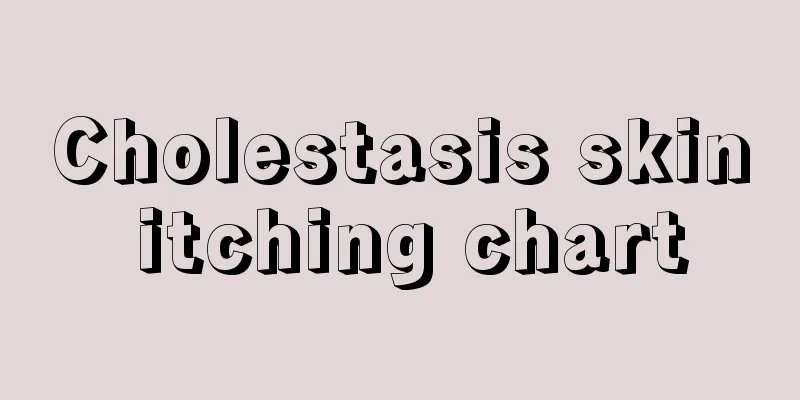[Medical Q&A] Does frequent urination at night in the elderly mean that their kidneys are not in good condition?
![[Medical Q&A] Does frequent urination at night in the elderly mean that their kidneys are not in good condition?](/upload/images/67f0fc227cea0.webp)
|
Planner: Chinese Medical Association Reviewer: Li Mingxi, Chief Physician, Peking Union Medical College Hospital Increased nocturia can be caused by urinary or non-urinary diseases. Many elderly people worry that there is something wrong with their kidneys, but this is not the case. Age-related physiological structure, hormones, and histological changes are important factors in the increase in nocturia in the elderly. Studies have shown that the most common causes of increased nocturia in men are urinary urgency, prostate hyperplasia, and snoring, followed by prostate cancer and taking antidepressants; and urinary urgency, obesity, and snoring in women, followed by coronary heart disease and diabetes. For prostate hyperplasia, the most common disease in middle-aged and elderly patients, when bladder irritation symptoms occur, such as urinary urgency, frequent urination, urge incontinence, increased nocturia, etc., or obstructive symptoms caused by urinary tract obstruction, such as labored urination, thinning urine stream, and dribbling urine, etc., it is necessary to go to the hospital in time for urine routine and B-ultrasound examinations to further clarify the cause. For mild and moderate patients, regular follow-up should be carried out, and if necessary, medication should be taken under the guidance of a doctor to control symptoms. Severe patients require surgical treatment. Patients with urinary tract infections, such as cystitis and pyelonephritis, need timely drug treatment; some internal medicine diseases, such as diabetes, diabetes insipidus, and primary aldosteronism, require drug treatment and close observation; when you suffer from hypertension, heart disease, heart failure, etc., you often need to take diuretics, which can easily cause increased nocturia. In addition to observing urine volume and urine color, you must be alert to the adverse reactions of diuretics; some physiological factors, such as uterine prolapse in elderly women, relaxation of tissue around the bladder neck, and bladder prolapse, cause frequent urination at night and require certain rehabilitation exercises. In short, don't take it for granted that increased nocturia is a normal phenomenon of natural aging in the elderly and does not pose a major threat to health, and thus ignore examination and treatment. Correctly understanding the potential disease risks of increased nocturia is the best way to avoid disease progression. |
<<: [Medical Q&A] Is it suitable for the elderly to exercise in the morning?
>>: [Medical Q&A] Do you need a tetanus shot if you cut your hand while cutting vegetables?
Recommend
What to do if you have dry and hard stools and bleeding after childbirth
Many women are prone to various problems in a sho...
How many days is normal for menstruation to be delayed?
Menstruation is a very important physiological co...
Can cupping be performed during menstruation?
As we all know, cupping is an ancient method of r...
How to eat thick soup to increase milk production during the confinement period? How to eat it in a nutritious and healthy way?
This is the 3790th article of Da Yi Xiao Hu Xiaol...
What should pregnant women do if their feet itch and blister?
Now is the hottest time of summer, and for many p...
When is the safe period?
The seven days before menstruation and the eight ...
What to do if you have a fever with pelvic inflammatory disease
Pelvic inflammatory disease is a common gynecolog...
Is the stye caused by looking at dirty things?
"Why do I have a pimple on my eyelid when I ...
Causes of bleeding after menstruation
During menstruation, you need to protect yourself...
8 ways to balance your endocrine system
Every time my old friend had irregular periods an...
What is the cause of cervical erosion and yellow leucorrhea?
No one can bear the long-term torture of cervical...
Why is the wiper leaking? Why is the wiper blurry?
There is a nozzle on the wiper that can spray gla...
Letrozole tablets for successful pregnancy
Some female friends have made a lot of efforts to...
What are the treatments for large areola?
Every girl desires to have a devilish figure, pro...









